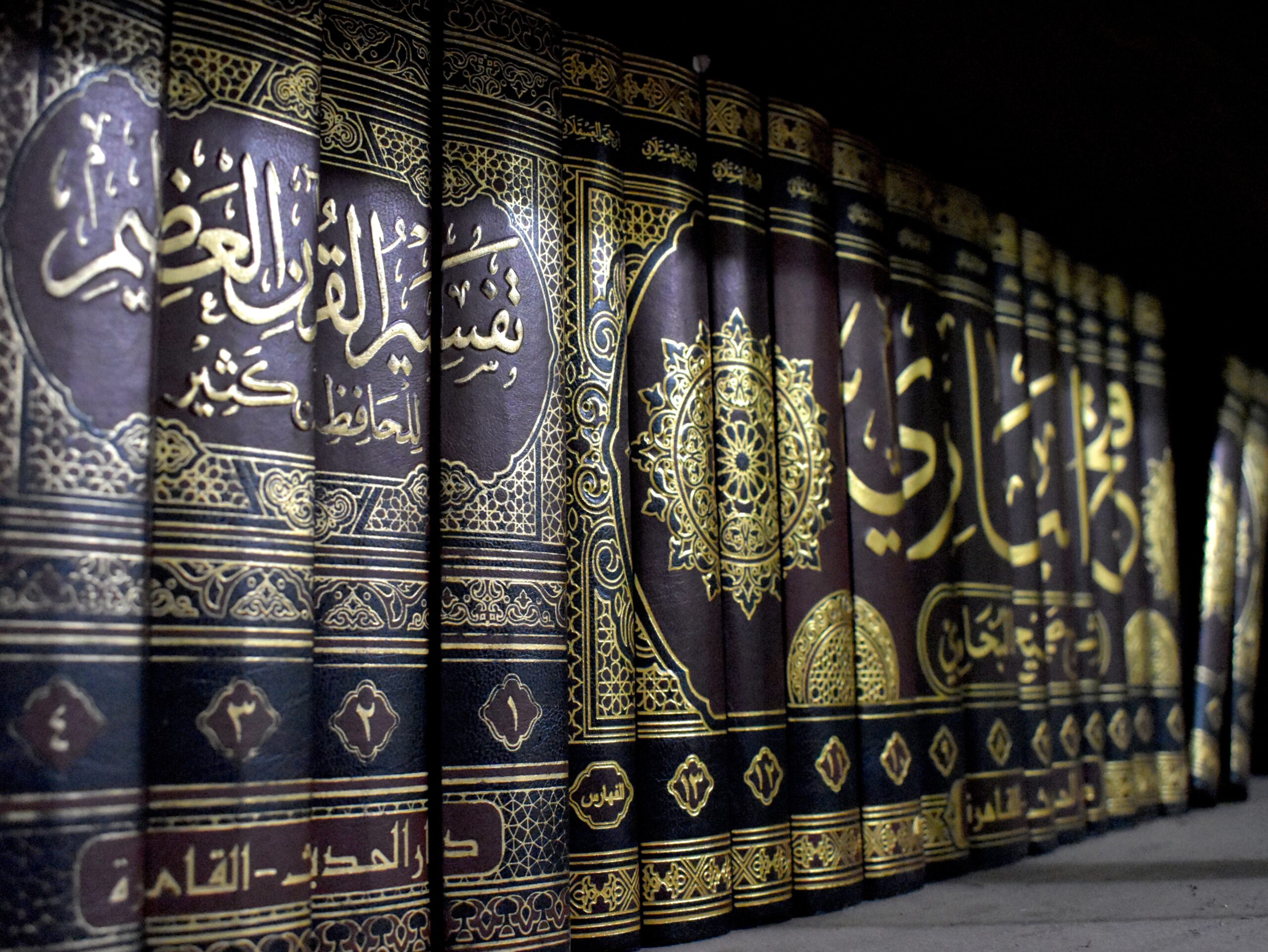
"If anyone disobeys Allah and His Messenger he is indeed on a clearly wrong path." [Al-Ahzab, 33:36]
"He that obeys Allah and His Messenger has already attained the great victory."[Al-Ahzab, 33:71].
For the past fourteen centuries Qur'an and Sunnah have been the twin undisputed sources of Guidance for Muslims. In every generation, the Muslims devoted the best of their minds and talents to their study. They learned both the words and meanings of the Qur'an through the Prophet, Salla-Allahu alayhi wa sallam, and made an unprecedented effort in preserving them for the next generation. The result: The development of the marvelous -- and unparalleled -- science of hadith, one of the brightest aspects of Muslim history.
What does it mean to believe in a Prophet except to pledge to follow him? And so the teachings of the Prophet, Salla-Allahu alayhi wa sallam, have always guided this Ummah. No body, in his right mind, could or did question this practice. Then something happened. During the colonial period, when most of the Muslim world came under the subjugation of the West, some so called "Scholars" arose in places like Egypt (Taha Hussein), India (Abdullah Chakralawi and Ghulam Ahmed Pervaiz), and Turkey (Zia Gogelup), who began questioning the authenticity and relevance of hadith. It was not that some genius had found flaws in the hadith study that had eluded the entire ummah for thirteen centuries. It was simply that the pressures from the dominant Western civilization to conform were too strong for them to withstand. They buckled. And the Islamic Shari'ah Law is largely derived from the Hadith, and the west and some modern people who wanted to follow their vain desires wanted to kill Islamic Shari'ah so the Prophetic teachings and life example -- Hadith -- was the obstacle in this process and so it became the target.
Another factor helped them. Today most Muslims, including the vast majority of the western-educated Muslims, have meager knowledge of hadith, having spent no time in studying even the fundamentals of this vast subject. How many know the difference between Sahih and Hasan, or between Mawdoo and Da'eef? The certification process used in hadith transmission? Names of any hadith book produced in the first century of Hijrah, or the number of such books? A majority probably would not be able to name even the six principal hadith books (Sihah Sitta) or know anything about the history of their compilation. Obviously such atmosphere provides a fertile ground for sowing suspicions and doubts.
They call themselves as ahle-Qur'an or Quranists. This is misleading. For their distinction is not in affirming the Qur'an, but in rejecting the Hadith. The ideas of munkareen-e-hadith evolve into three mutually contradictory strains. The first holds that the job of the Prophet, Salla-Allahu alayhi wa sallam, was only to deliver the Qur'an. We are to follow only the Qur'an and nothing else. Further, hadith is not needed to understand the Qur'an, which is sufficient for providing guidance. The second group holds that the Companions were required to follow the Prophet, Salla-Allahu alayhi wa sallam, but we are not. The third holds that, in theory, we also have to follow the hadith but we did not receive ahadith through authentic sources and therefore we have to reject all ahadith collections!
Internal contradictions are a hallmark of false ideologies. How can anyone hold the first position yet profess belief in Qur'an while it says: "And We have sent down unto You the Message so that you may explain clearly to men what is sent for them."
[An-Nahal, 16:44]. And this: Indeed Allâh conferred a great favour on the believers when He sent among them a Messenger (Muhammad SAW) from among themselves, reciting unto them His Verses (the Qur'ân), and purifying them (from sins by their following him), and instructing them (in) the Book (the Qur'ân) and Al¬Hikmah [the wisdom and the Sunnah of the Prophet SAW (i.e. his legal ways, statements, acts of worship)], while before that they had been in manifest error.[A'ale Imran 3:164]
How can anyone hold the second position (limiting the Prophethood to 23 years) yet profess belief in Qur'an, while it says: